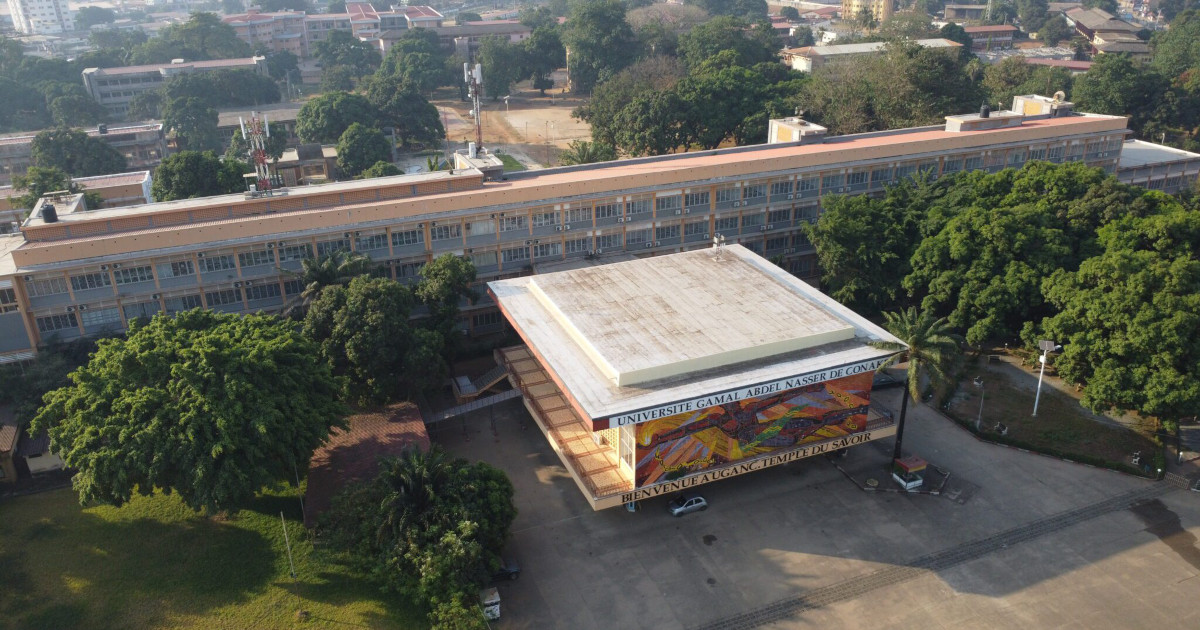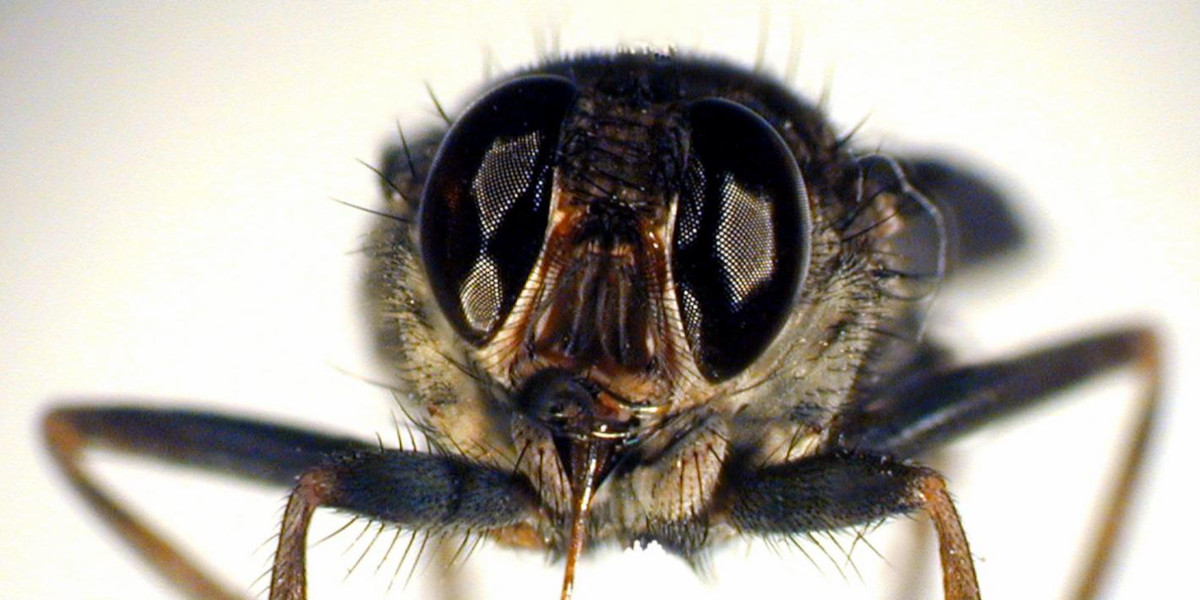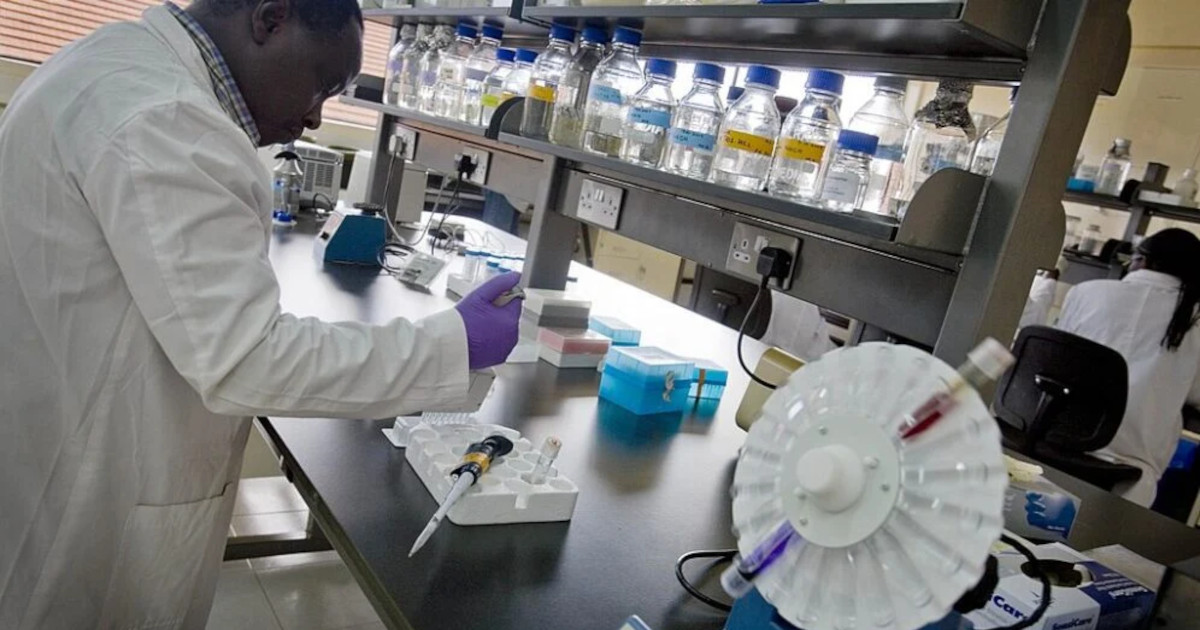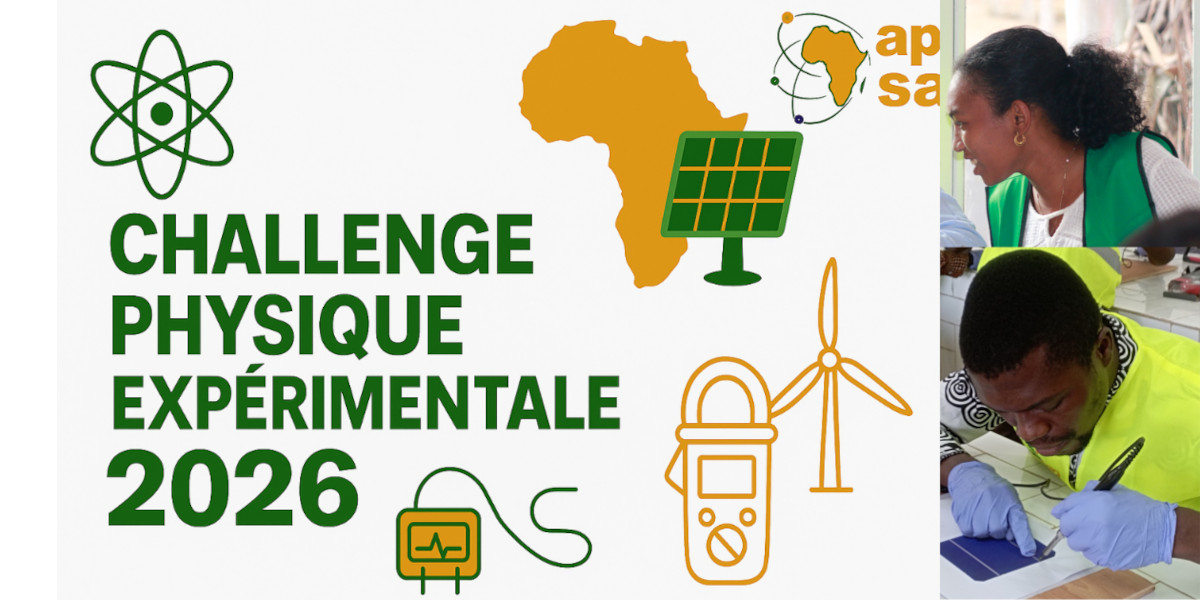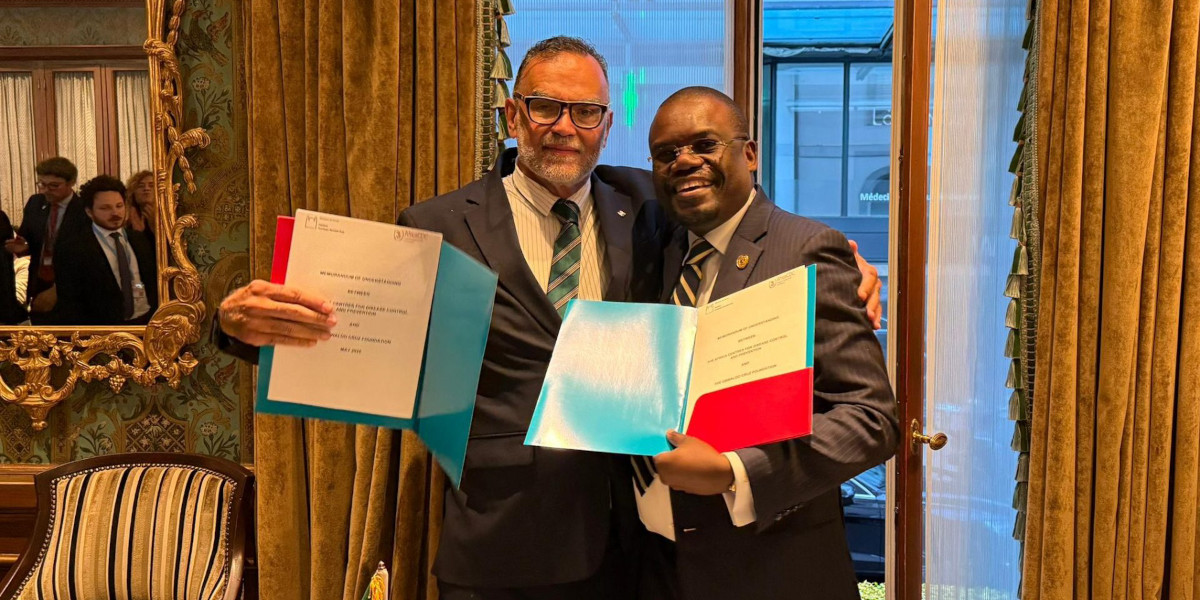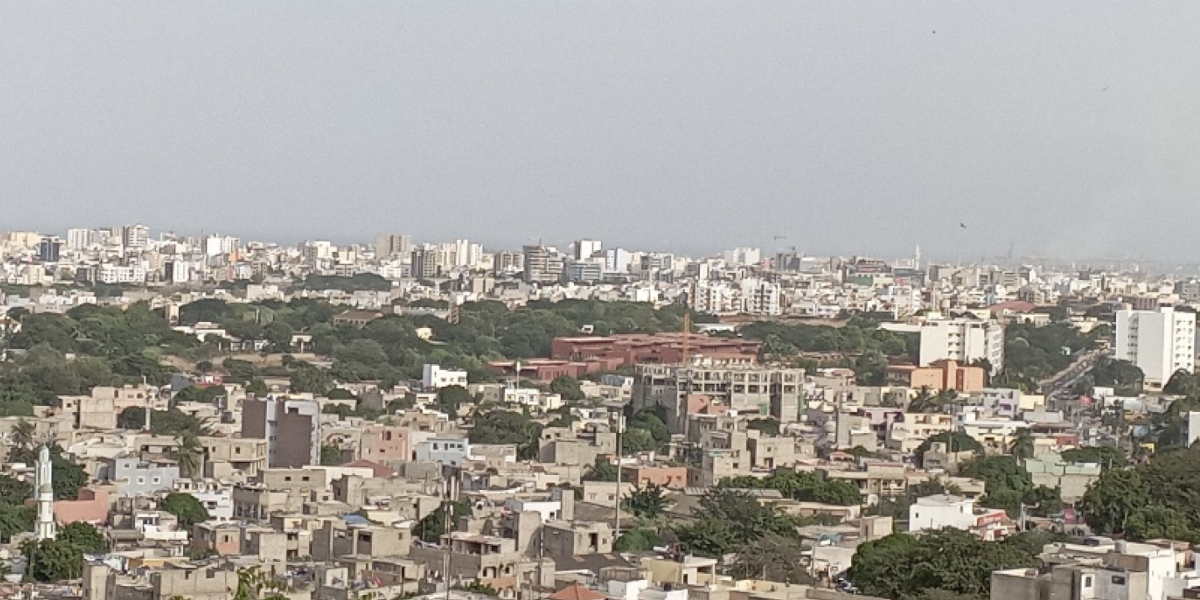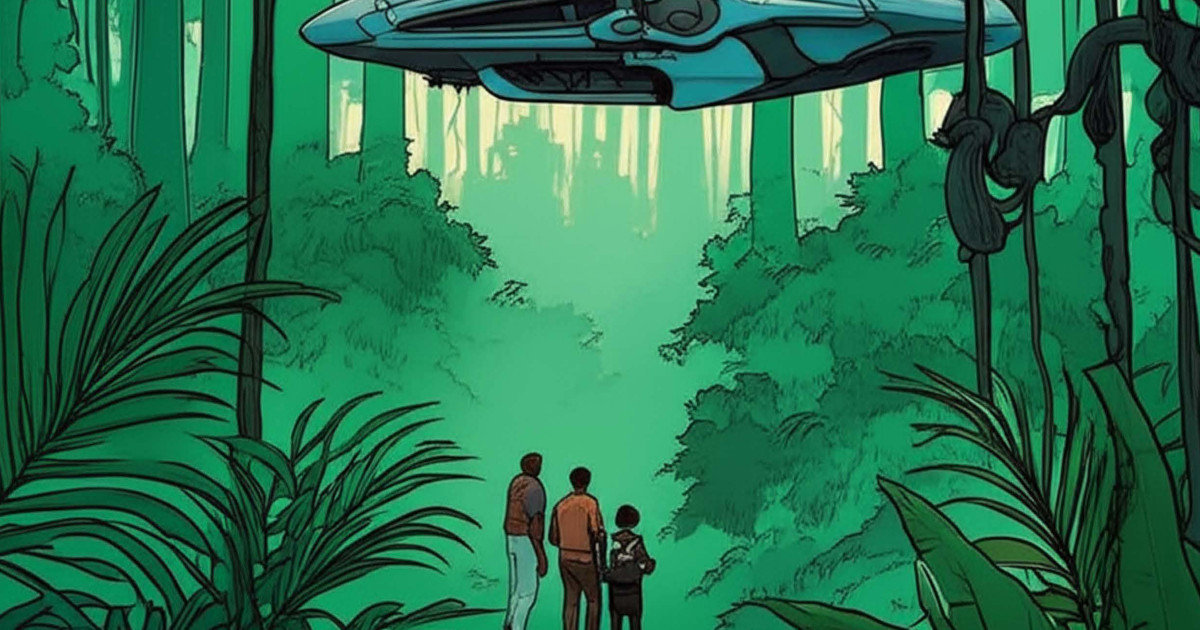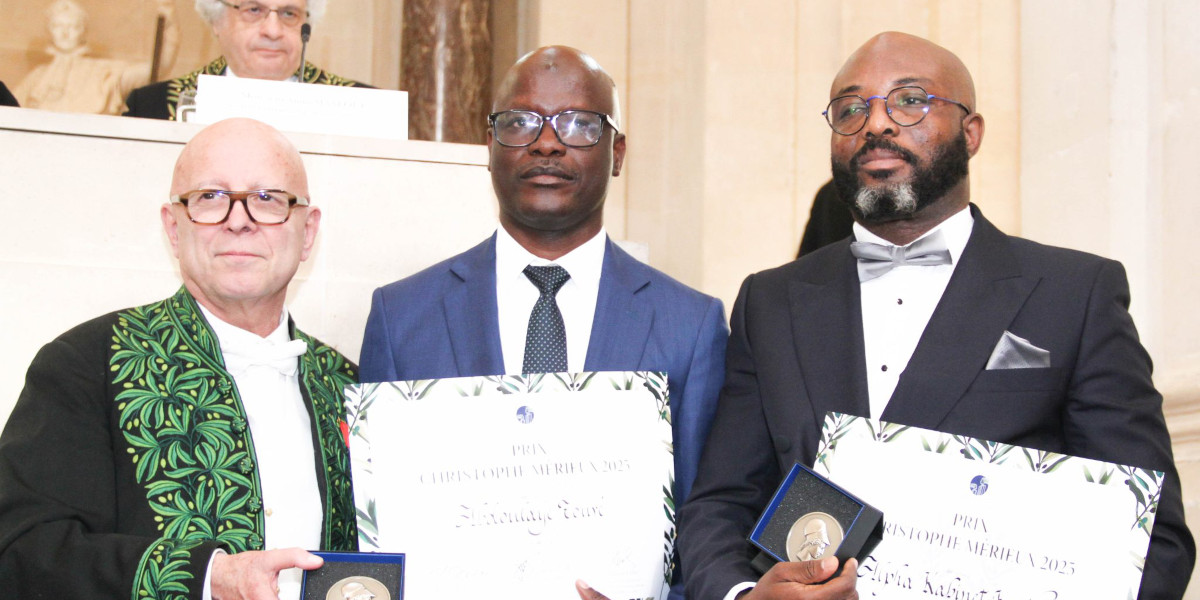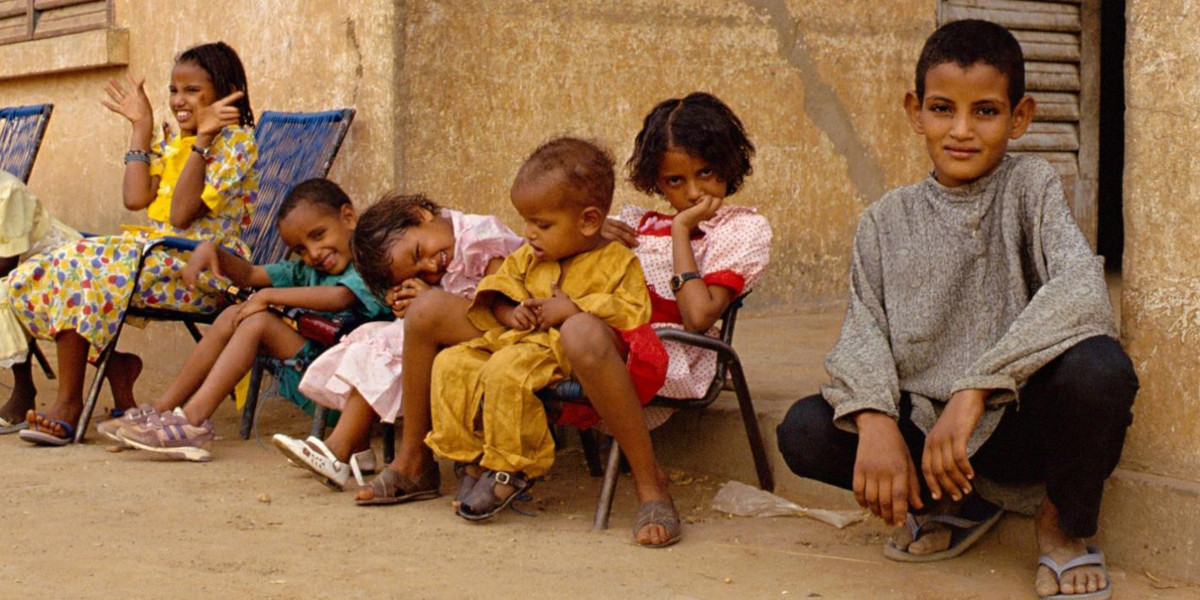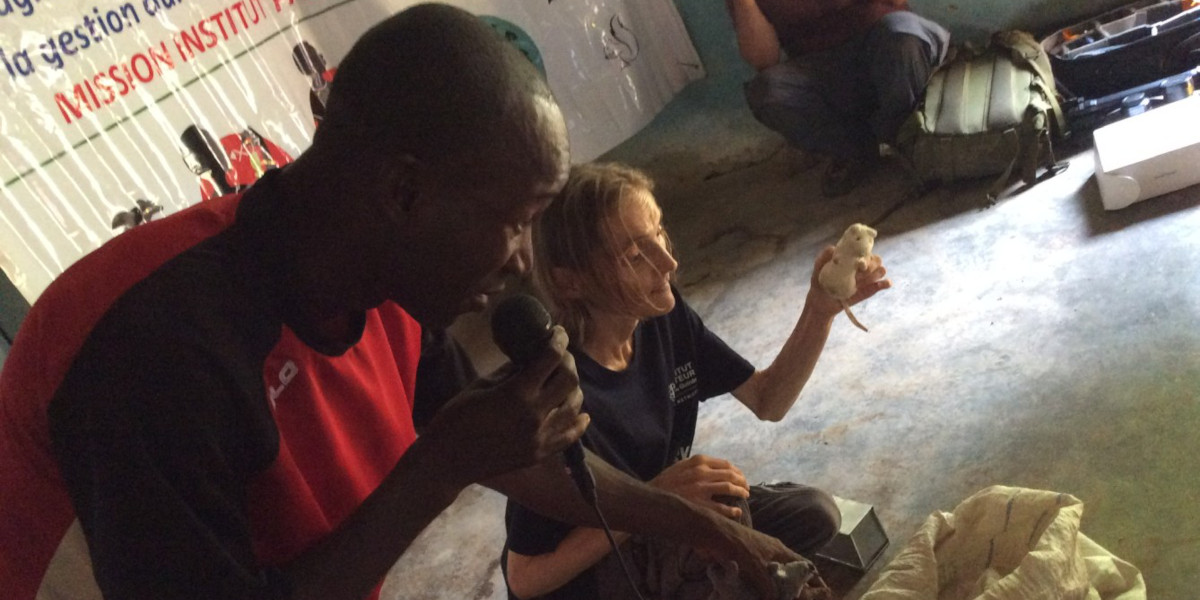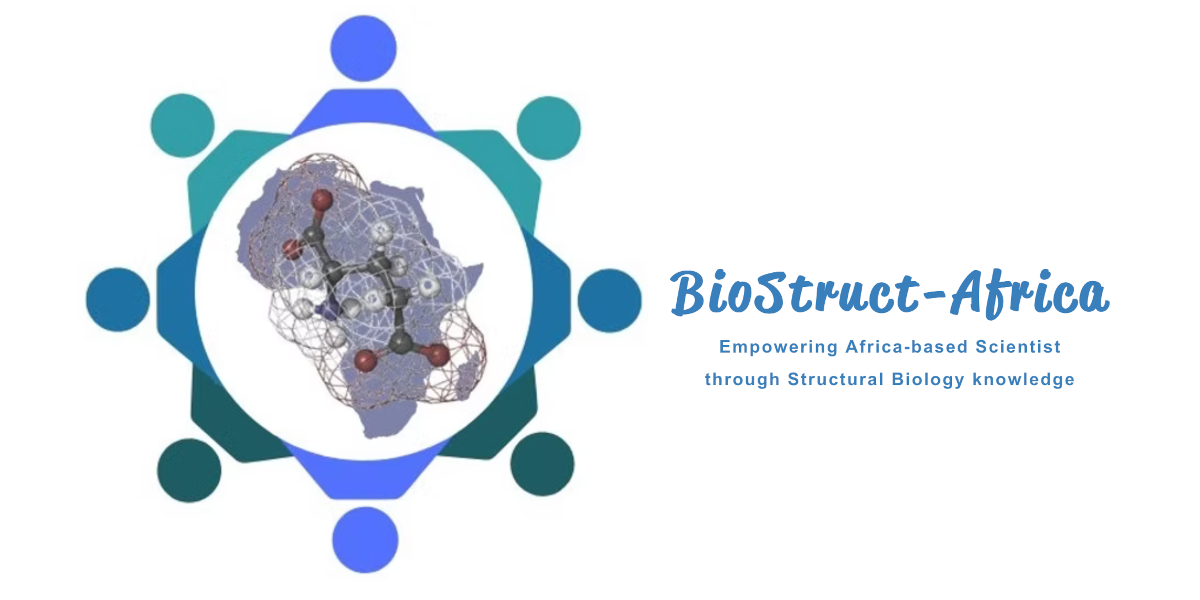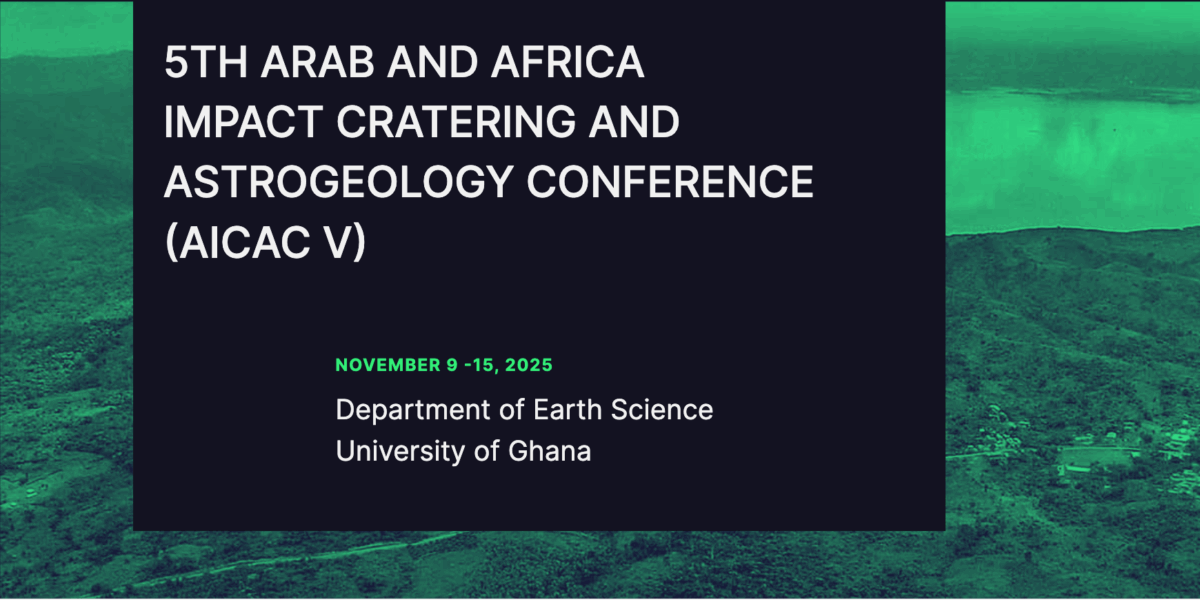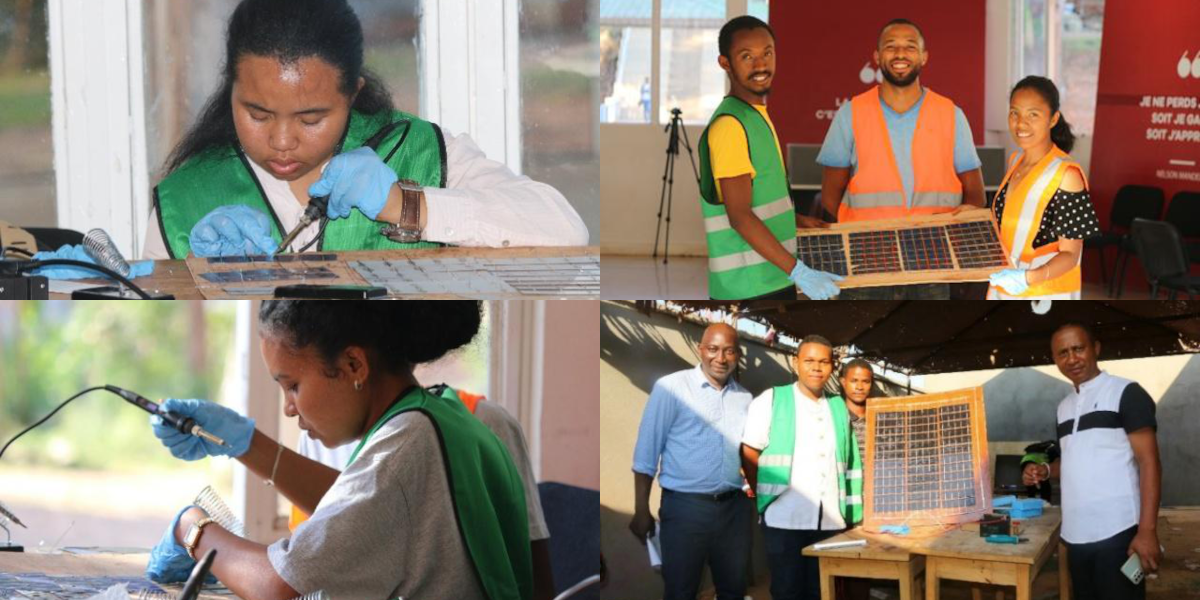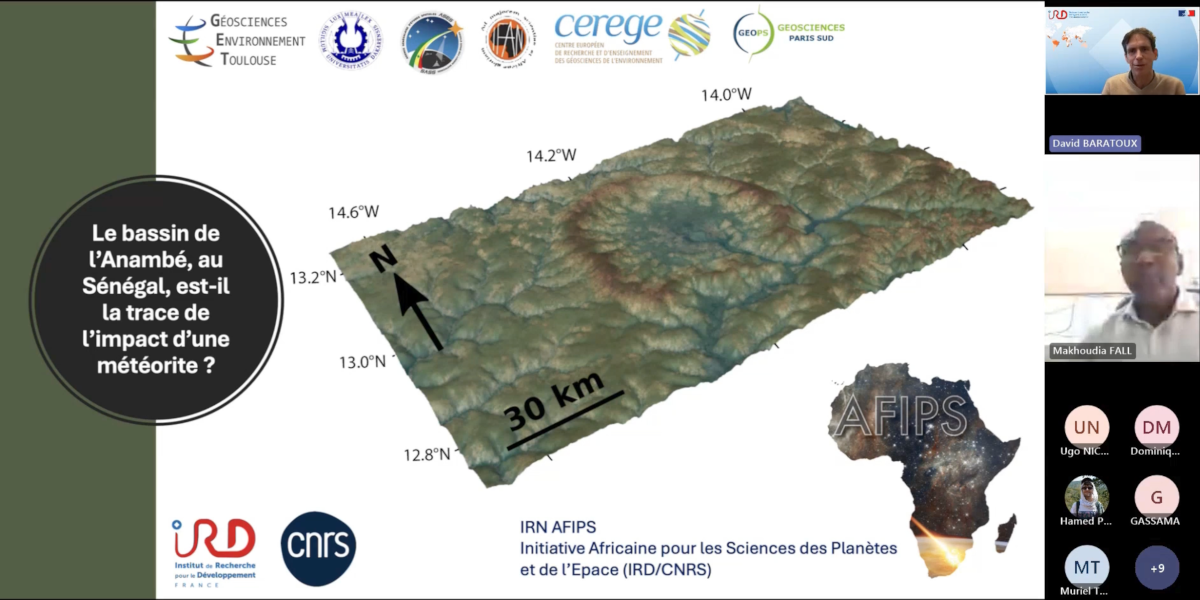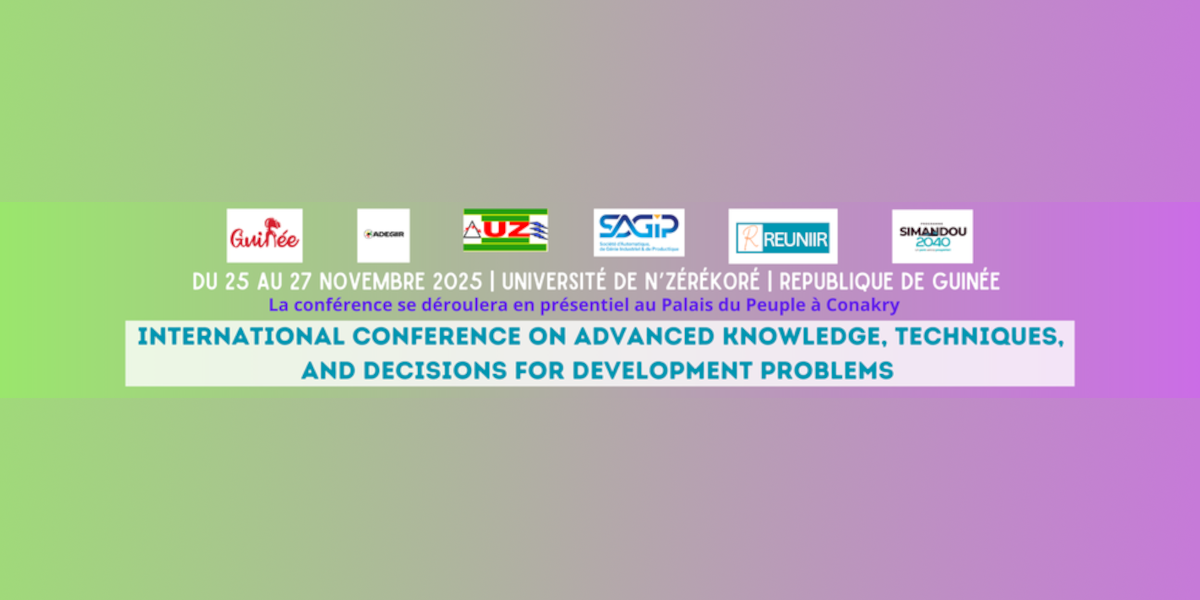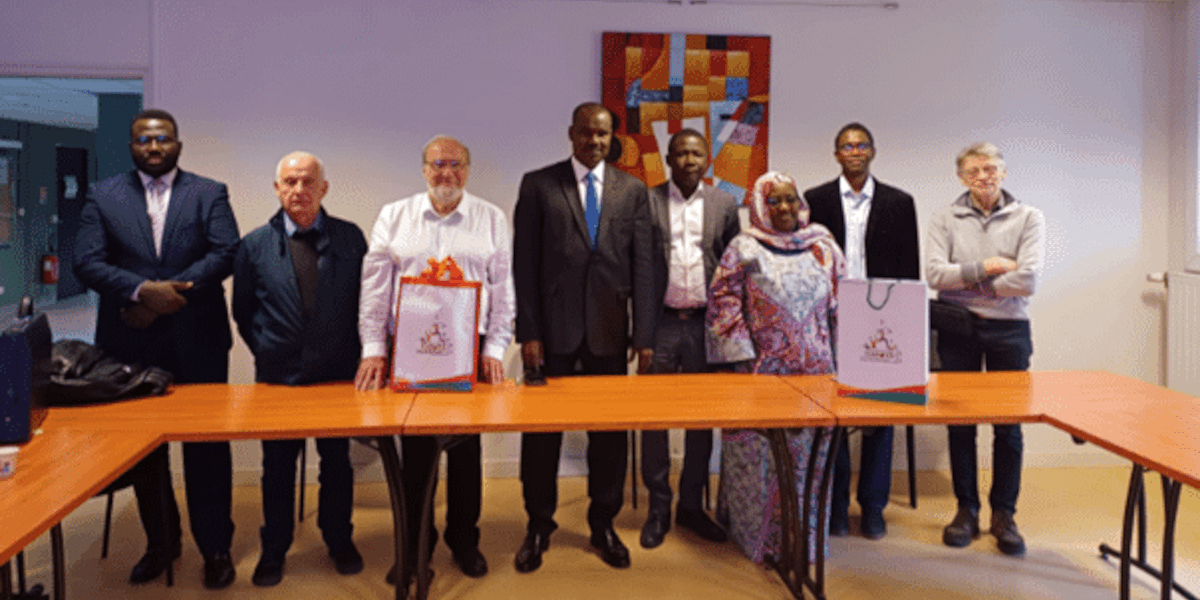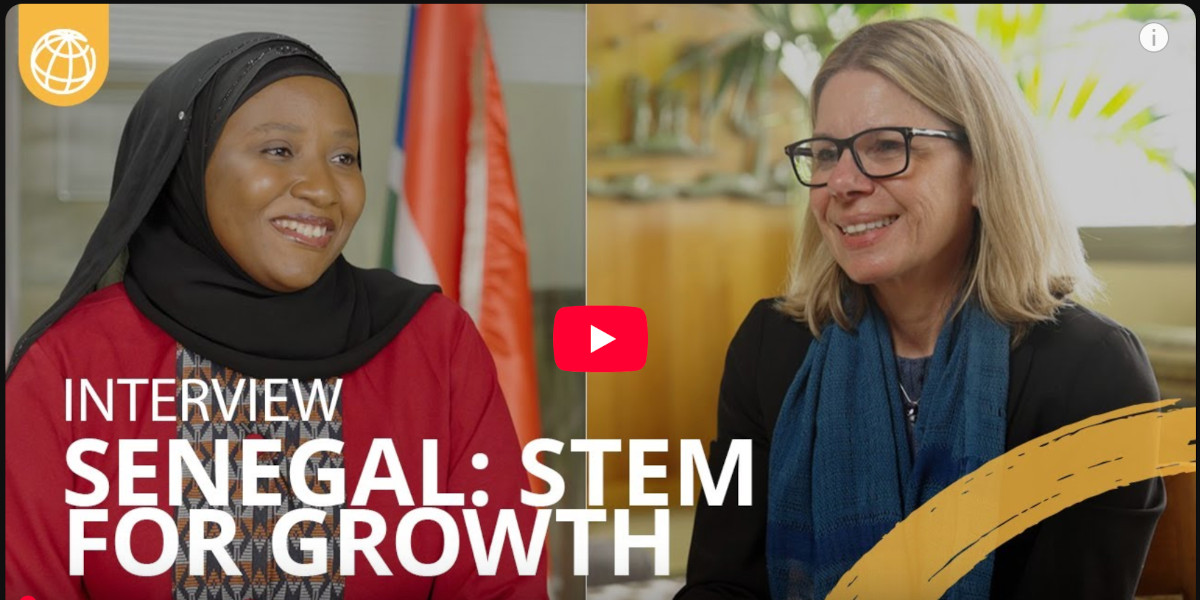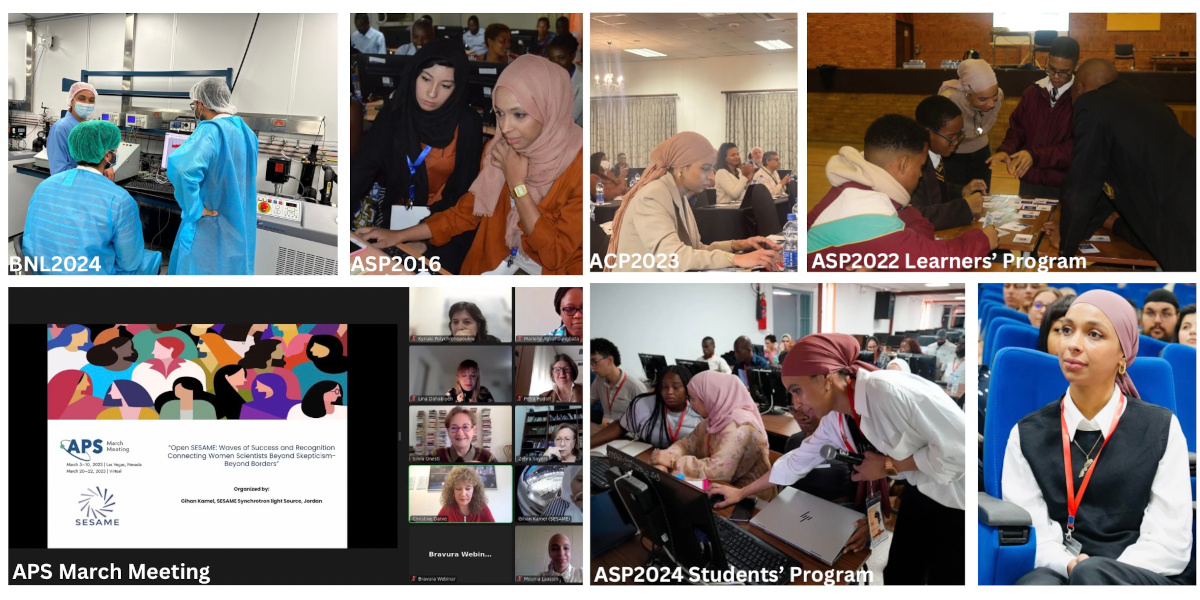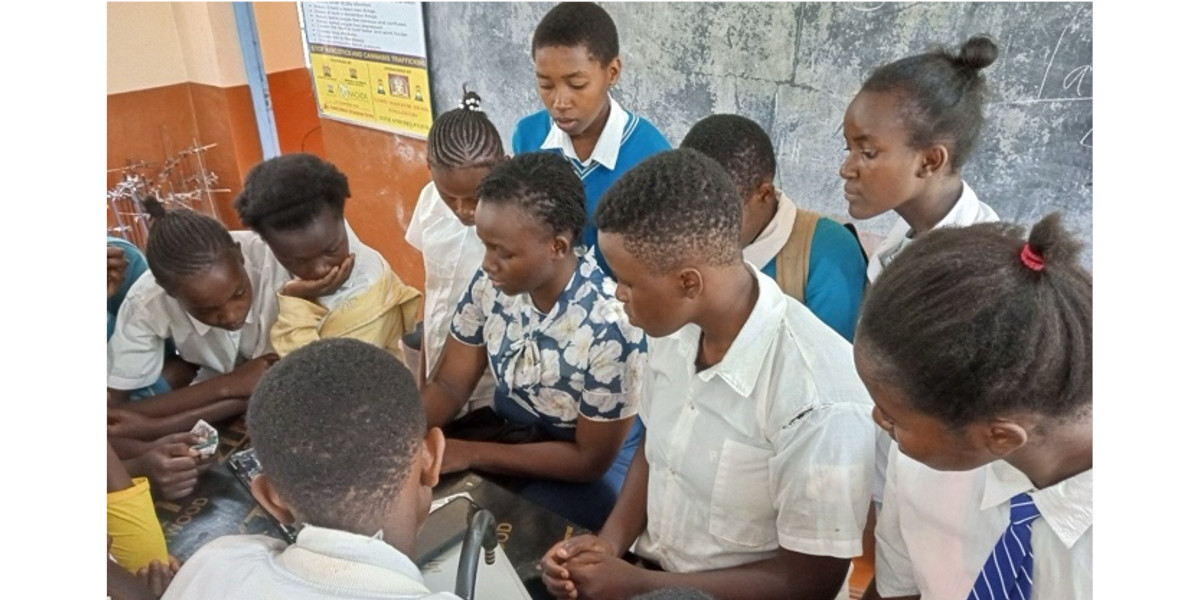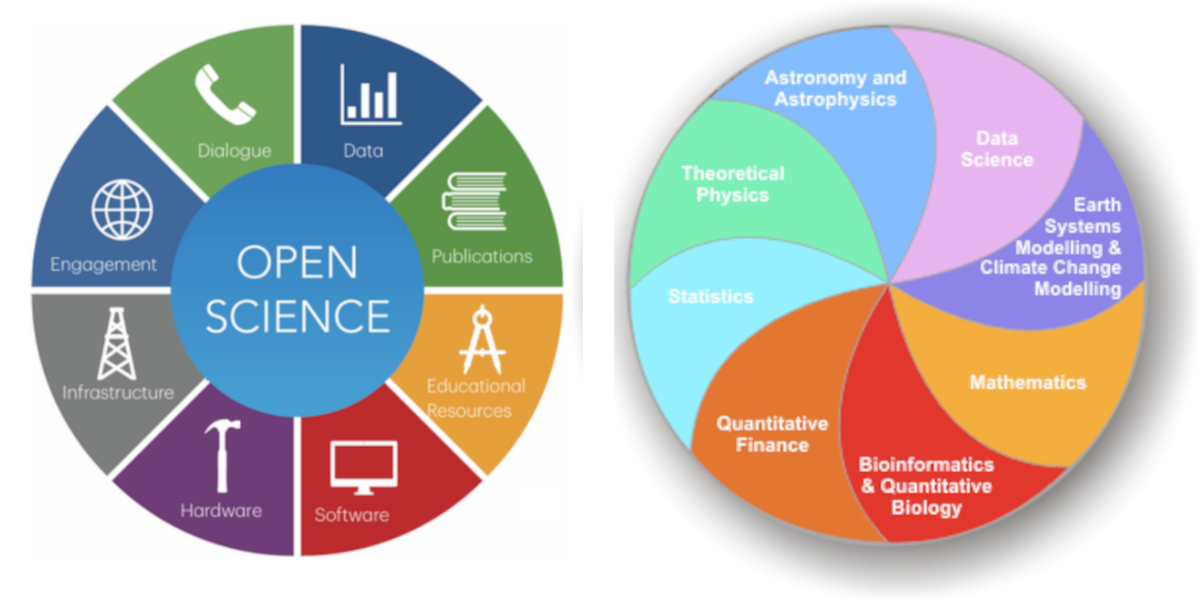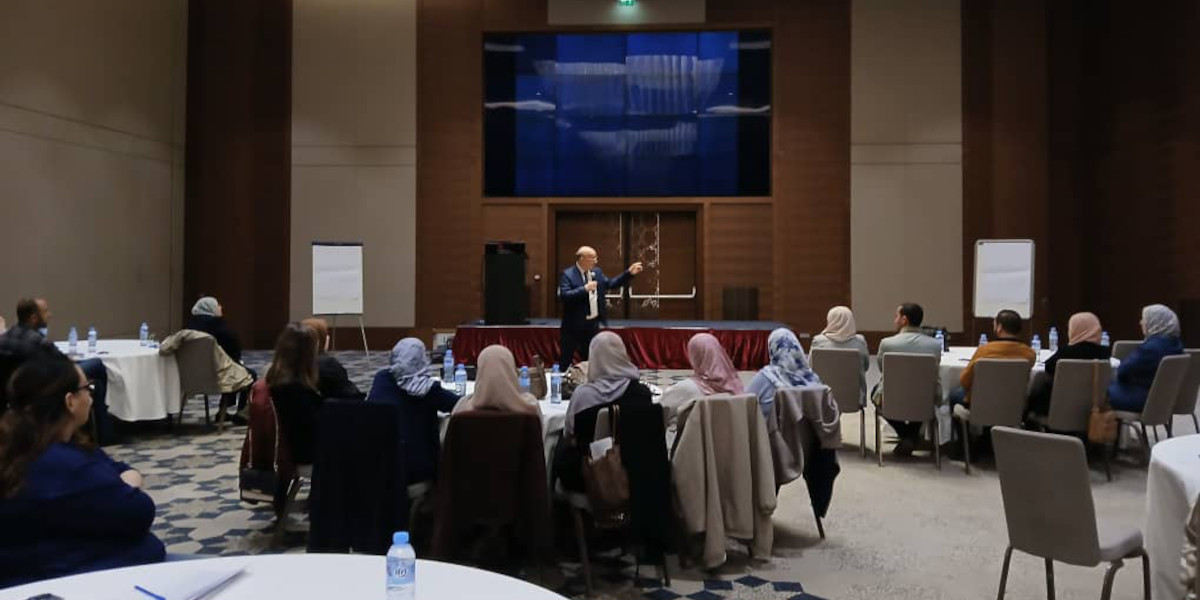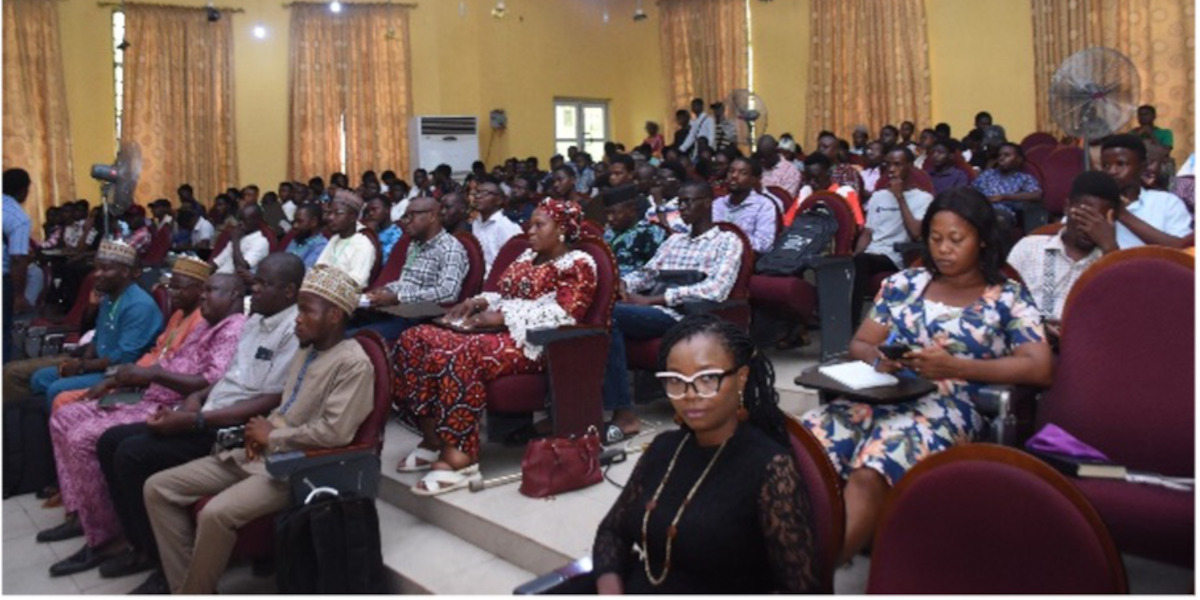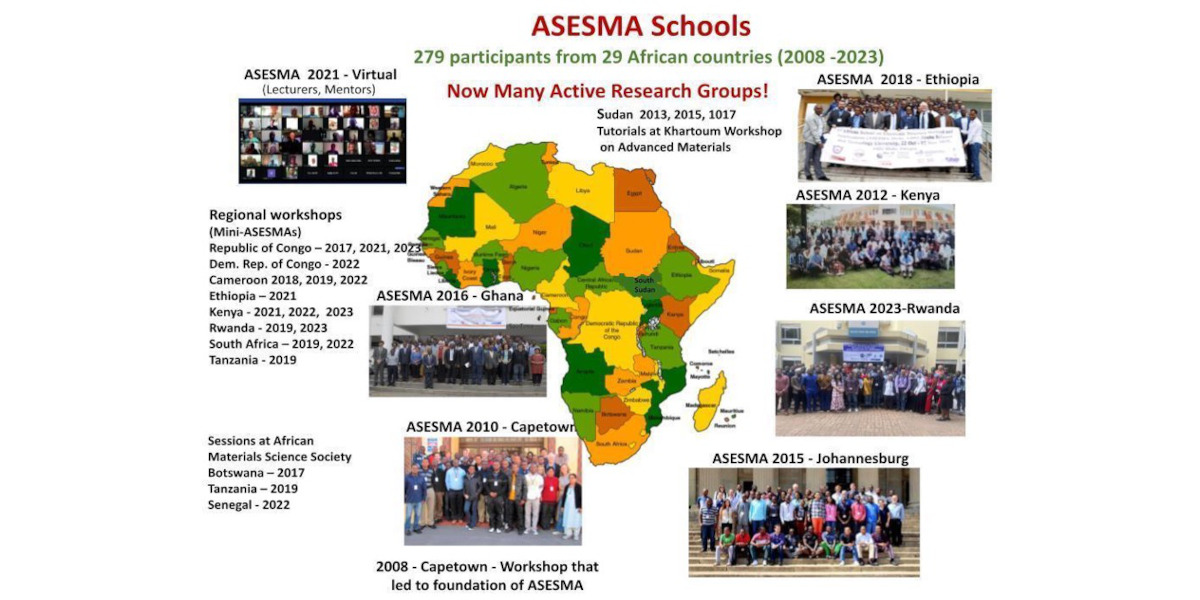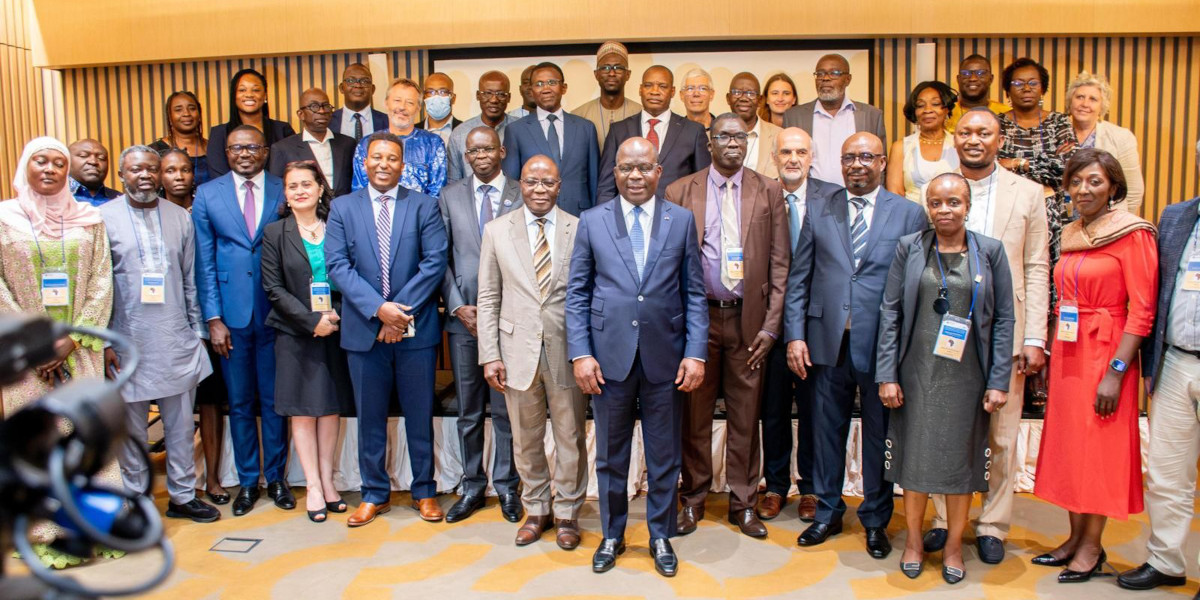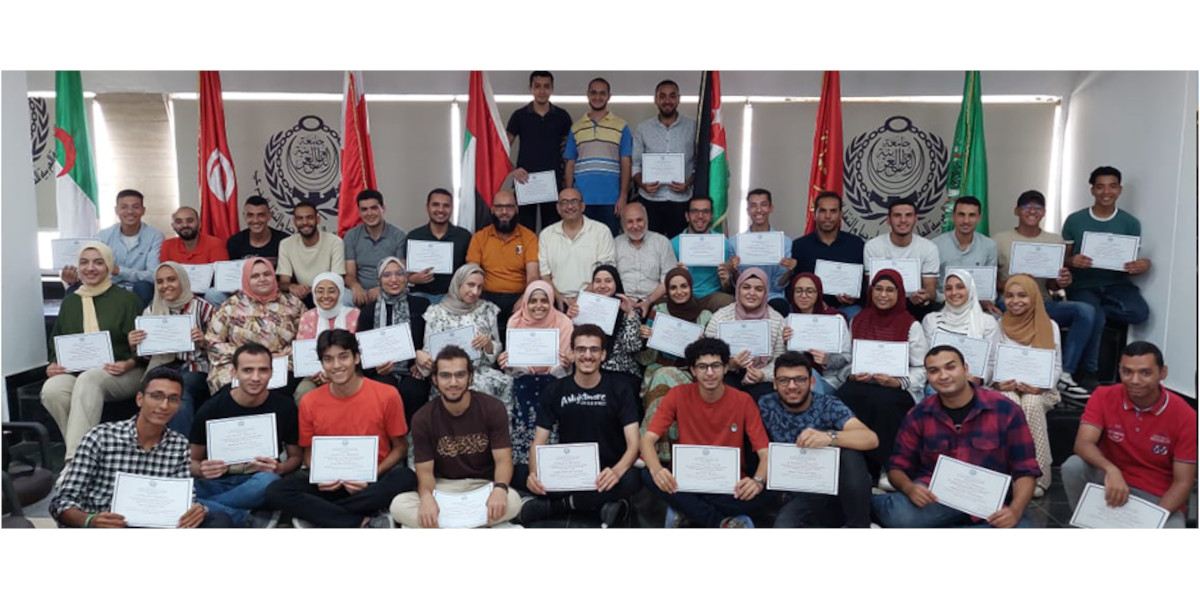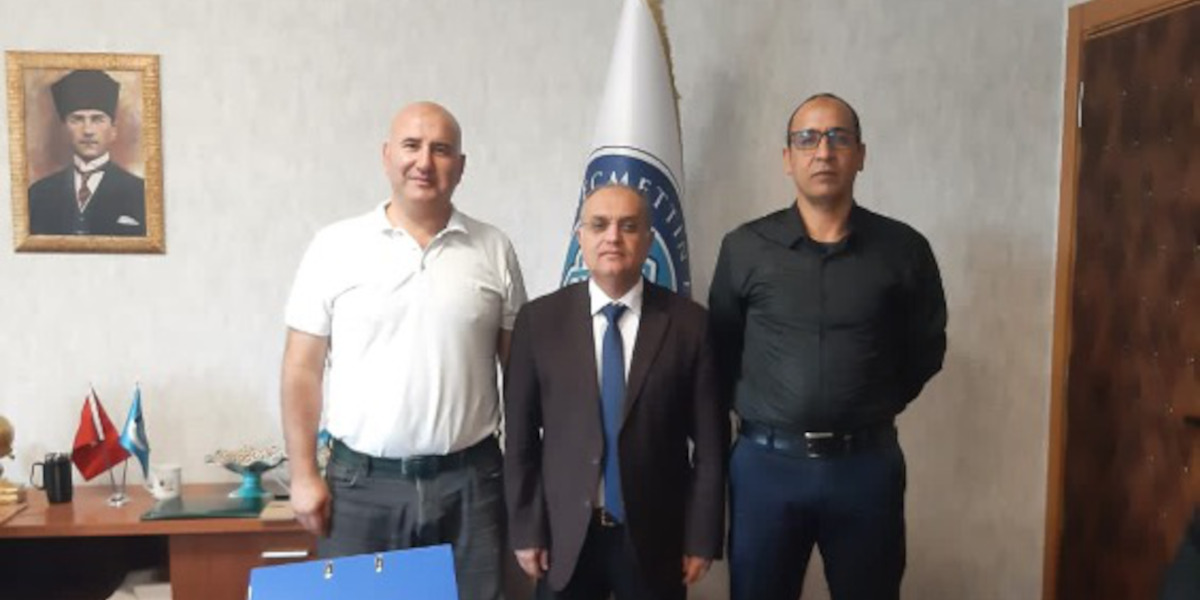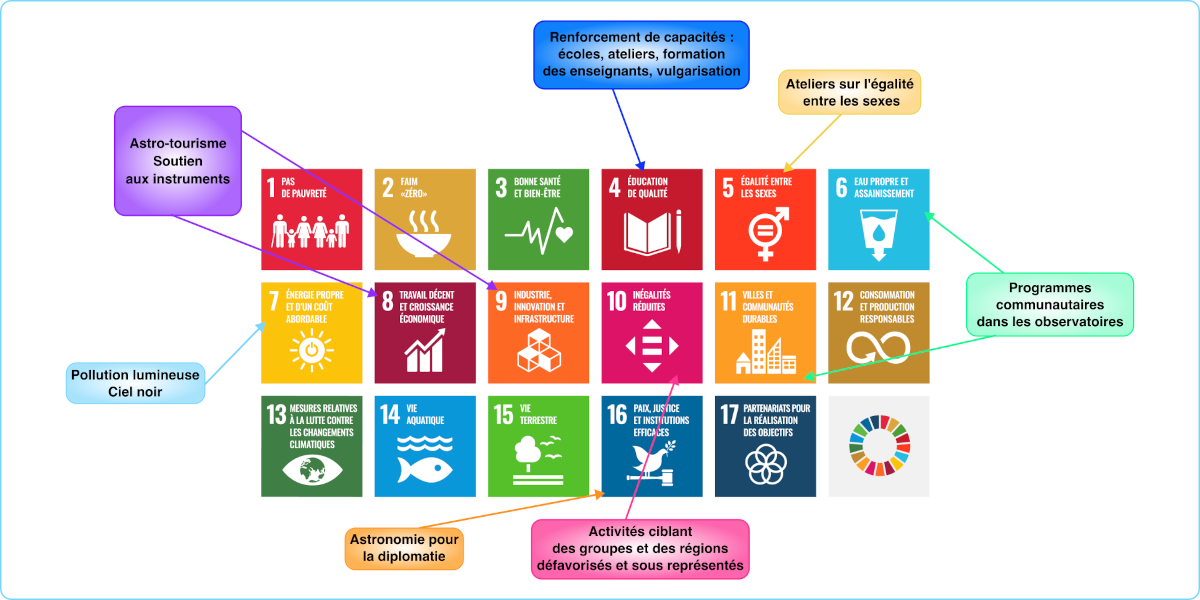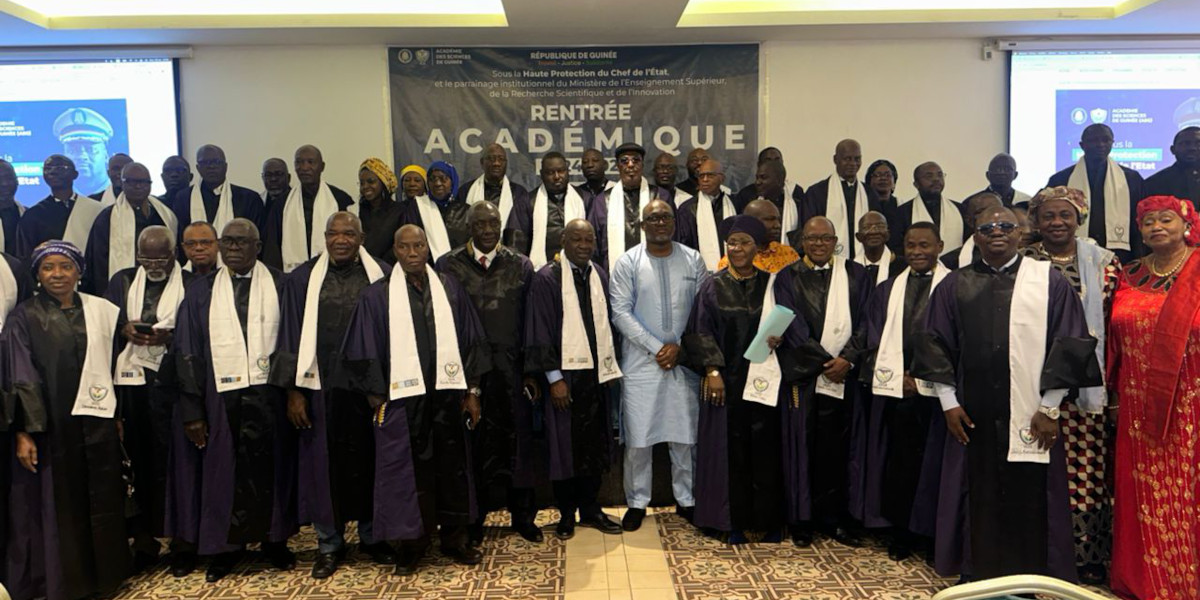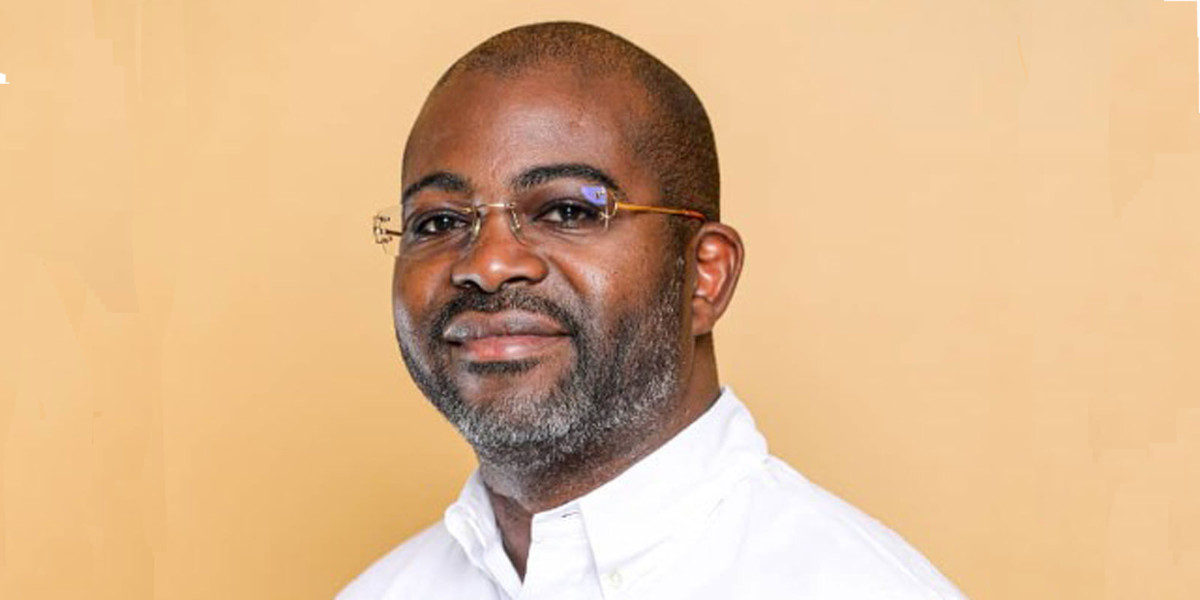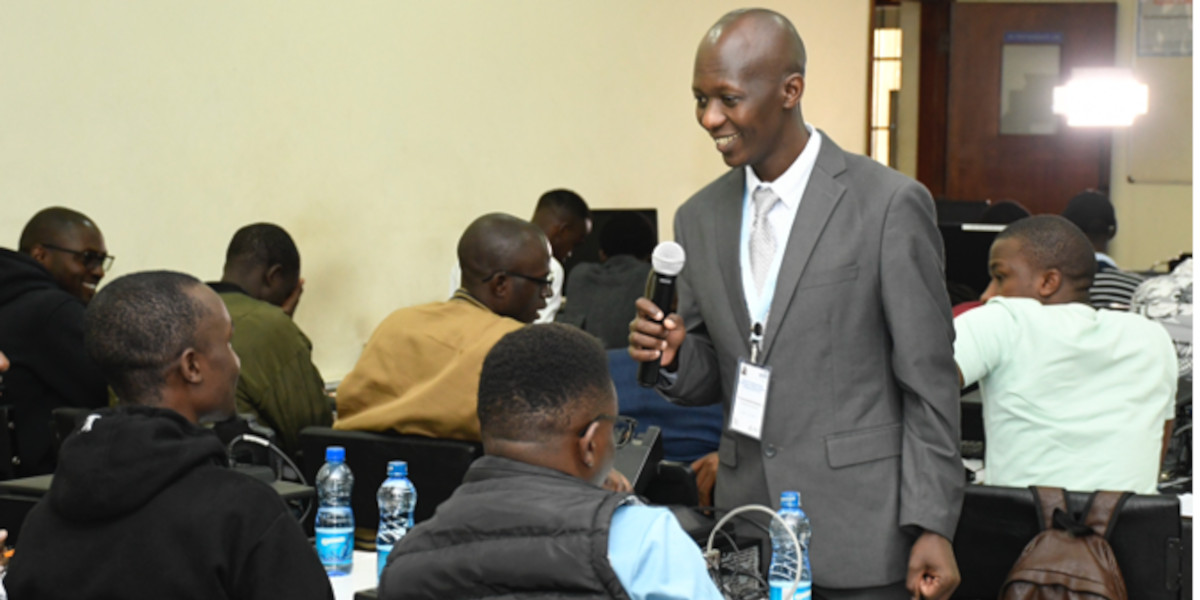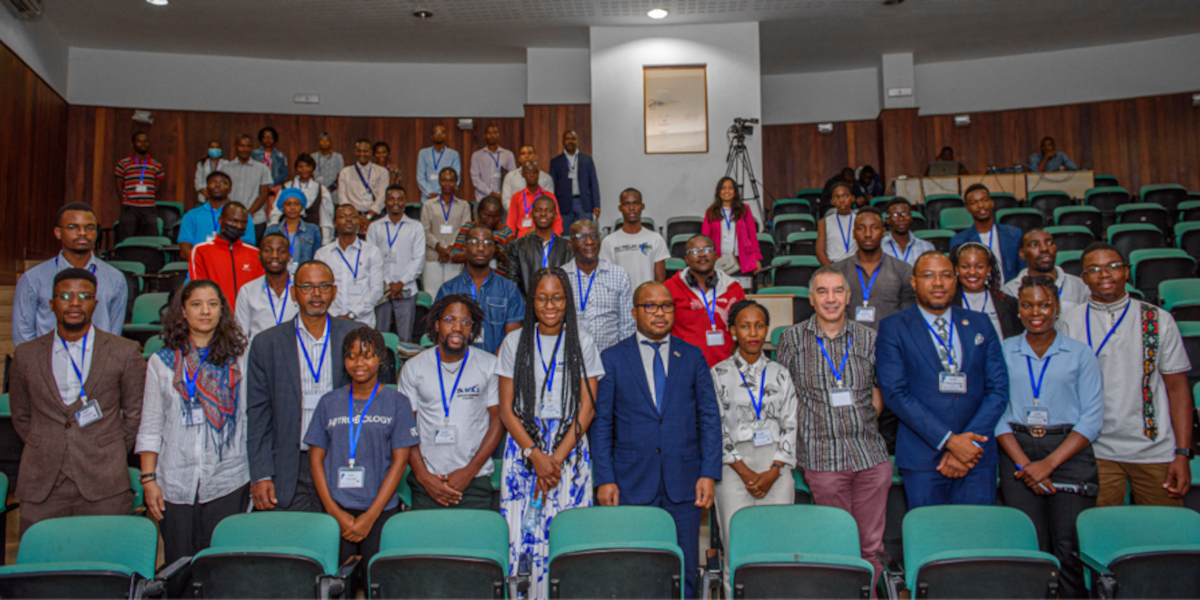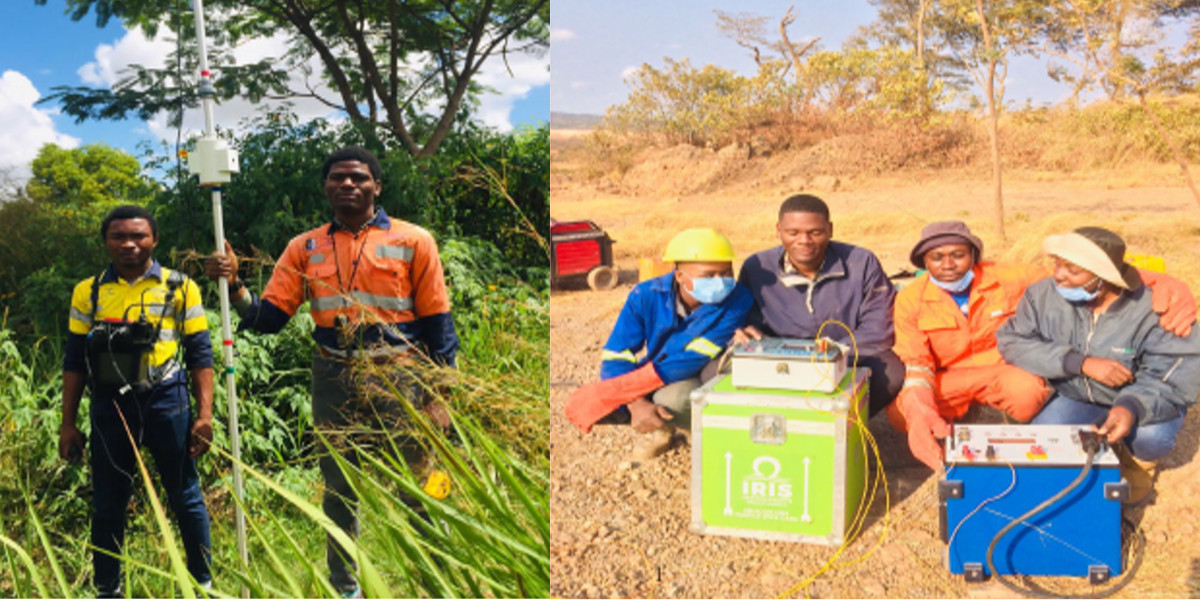News
Find here all posts published by Afriscitech
The fifth and last story from the future of the Congo Basin is much more in the present than previous ones, and brings us from Bamenda to Limbe, in Cameroon
The Gamal Abdel Nasser University of Conakry (UGANC) has been accredited by the French High Council for Evaluation of Research and Higher Education (Hcéres) since October 2024
A distressed farmer is at the heart of the fourth short story from the future of the Congo Basin
The third short story from the future of the Congo Basin rely on the advice of an old woman
A new molecule, without disproportionate risks for the health of patients, allows treatment of the rapidly progressing form of sleeping sickness
Les chercheurs africains doivent définir eux-mêmes leurs sujets et leurs priorités, pour sortir de la dépendance au reste du monde
For the second short story from the future of the Congo Basin, we are going back to Yaounde
The competition organizers want to maintain momentum and support the creation of experimental equipment manufacturing companies in Africa
Brazilian and African health systems will reinforce each other capacity and preparedness
A pioneer of astronomy in Morocco celebrated by his university and colleagues
Read the first short story from a series of five that have been written by Cameroonian authors, after a foresight workshop organized in Yaounde
Spatial and health data are being used to monitor malaria in local areas to target vector control measures more effectively and meet health needs
The Minister of National Education of the DRC details the measures taken to use artificial intelligence in schools and to teach students how to master it
Analysis of 20 years of urban growth in Dakar has made it possible to set out various urbanisation trajectories through to 2050
Can literature change the future of our planet? Nsah Mala thinks so. He presents five short stories produced thanks to two foresight workshops organized in Yaounde, Cameroon, in September 2024
A recent field-based study provides valuable information about the biology and infection mechanisms of Plasmodium malariae, the third most widespread human malaria parasite.
The Polytechnic Institute of Gamal Abdel Nasser University in Conakry (UGANC) held the second edition of its Science Day on June 12, 2025. This year's theme was “Engineering and Sustainable Development.”
The Pasteur Institute of Guinea continues to raise awareness about zoonosis prevention for sustainable management of Guinea's parks and forests
Without addressing the lack of research infrastructure, funding, and supportive science policies, structural biology capacity-building efforts in Africa will continue to be hindered by the persistent challenge of brain drain
A conference for all those interested in the interaction between Earth and space, and their evidences in Africa
The Commission Physique et Optique Sans Frontières made a major contribution to the organization of several experimental science workshops in Madagascar in November 2024.
Geologists search for evidence of a meteorite that shaped the Casamance landscape
Conakry to host the fourth AKTIION conference on sustainable development in November 2025
Africa at the forefront of developing science journalism in French
Knowing Africa's pre-colonial history is essential if Africans are to project themselves into the future
Cameroon's newly-created Garoua University to benefit from USF support for its international presence
How nanotechnology, quantum physics and materials engineering can transform key sectors such as health, agriculture and energy in Senegal
As highlighted in the previous issue of APN, this article seeks to share the journeys of African scientists who have overcome significant challenges to excel in their fields
Annah Moraa Ondieki tells her journey to become a physicist, hoping it will inspire other African women to take this field
The director of the National Institute for Theoretical and Computational Sciences in South-Africa tells about the goals and activities of this recently created organization
The group of physicists developing a vision for the future of physics in Africa will deliver very soon
Institut Pasteur d'Algérie co-constructs solutions for public health in Algeria
Namibia recently hosted the inaugural High Energy Stereoscopic System (H.E.S.S.) Software School in Windhoek, marking a noteworthy milestone in the country’s growing role in global astrophysics
With international support, the Federal University of Agriculture, Abeokuta, develops computational physics and chemistry training for Nigerians and others
In its 18th year of existence, ASESMA takes a new turn, with the introduction of online preschools, so that participants will go faster toward projects development
In Africa, the seven research institutes and centers affiliated to the Pasteur Network worked together to improve health on the continent
For the past ten years, EGYPlasma Schools have been training physicists from Egypt an other African countries in this very rich field
A team from ENSAM Casa in Morocco harness their numerical simulation capacities to develop a third-generation solar cell with Turkish colleagues
The Office of Astronomy for Development aims to use astronomy and its resources as tools to promote sustainable development and address societal challenges on a global scale.
Since 2019, the Mauritanian Association of Astronomy works to develop the field, from public outreach to high level research
The editor-in-chief of APN is setting the scene of the latest edition
A delegation from Academics Across Borders met with the elite of Guinean research to explore possibilities for collaboration
Placide Mbala’s involvement with the Mpox virus (formerly known as Monkeypox) began more than 15 years ago. In 2006, freshly graduated from the faculty of medicine in Kinshasa (Democratic Republic of the Congo DRC), this young doctor was already attracted to the field of research. He knocked on the door of Professor Jean-Jacques Muyembe, an eminent Congolese virologist and co-discoverer of the Ebola virus in 1976. Their encounter was to be decisive.
The University of Nairobi recently hosted the inaugural School of Computational Techniques for Physics students in Kenya. Forty students from seventeen universities participated in the intensive program, gaining hands-on experience in Linux, Python, statistical data analysis, machine learning, and Git versioning. The workshop aimed to address the lack of computational training in Kenyan BSc physics programs. The program also featured a career guidance session and fostered new research collaborations.
Founded in February 2024 by ten passionate young Mozambicans, the Mozambican Astronomical Society (Associação Moçambicana de Astronomia - AMAS) is a non-profit organization dedicated to igniting a love of Astronomy and Physics in Mozambique.
From a young age, my mother involved me in her daily inventory calculations after her sales, unknowingly laying the foundation for my deep attachment to science. This seemingly simple activity sparked a love and passion for the mathematical, physical, and chemical sciences.
In 2018, the Ministry of Communications, Knowledge, and Technology (MCKT), as the infrastructure development funder, appointed Botswana International University of Science and Technology (BIUST) as the custodian of the project in Botswana. With this appointment, an astronomy development plan was initiated to cover all aspects of astronomy, which are optical and radio astronomy.


